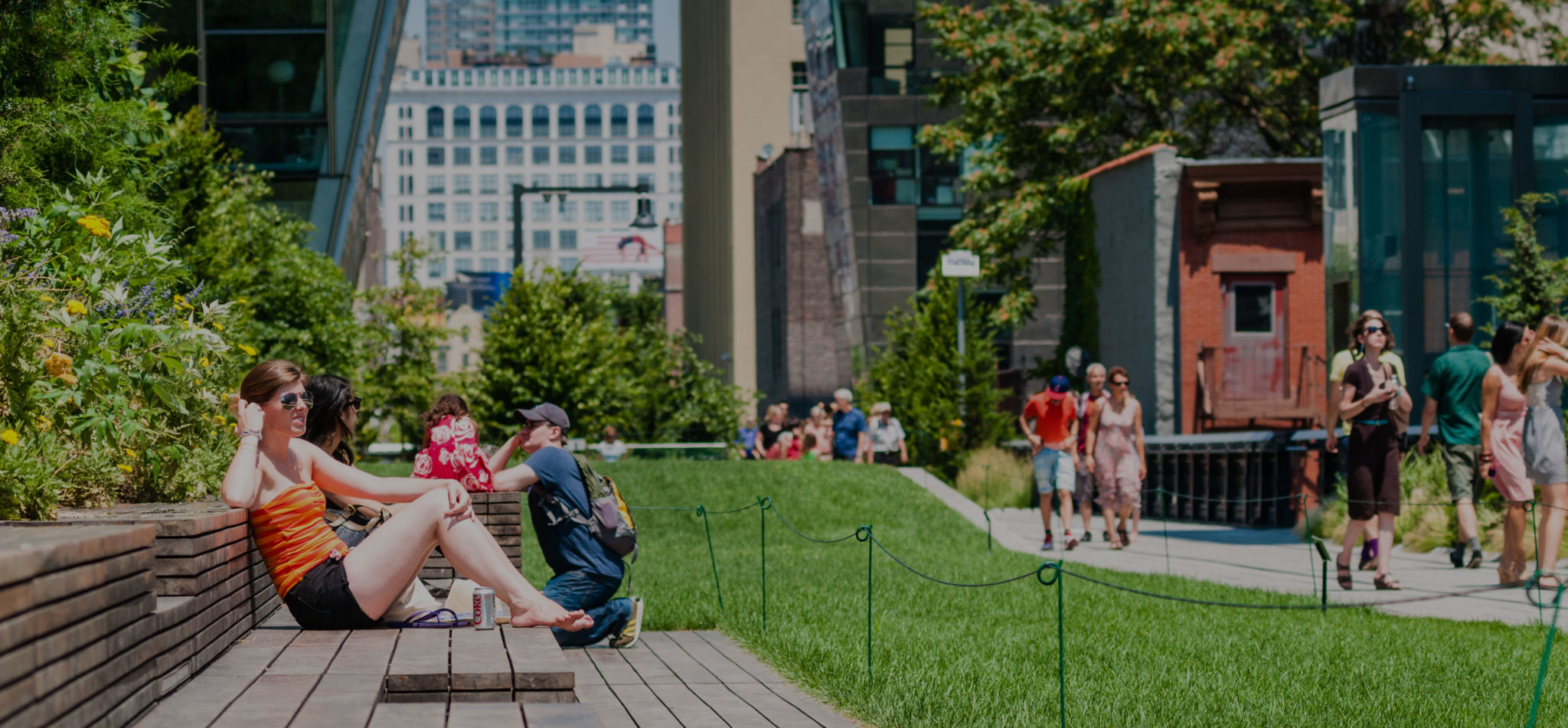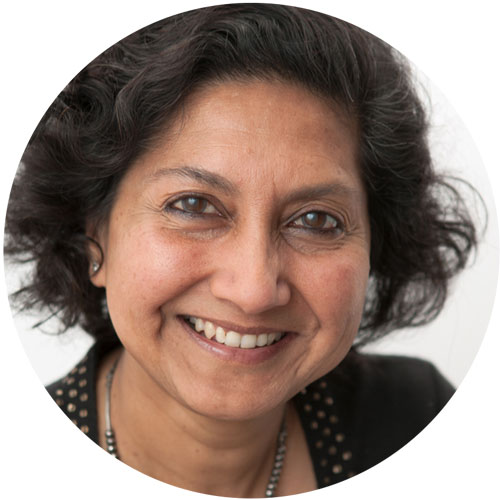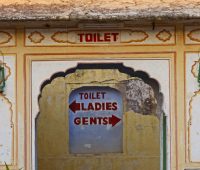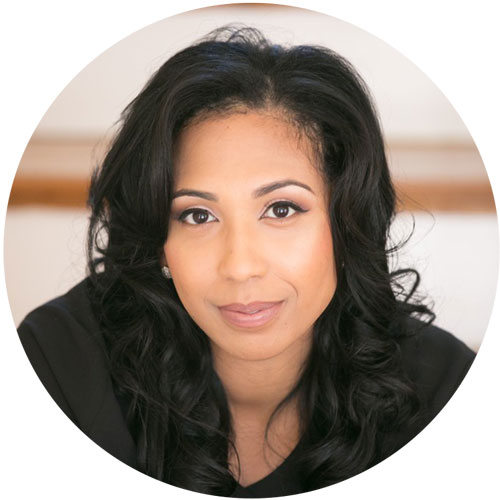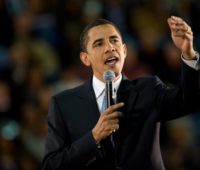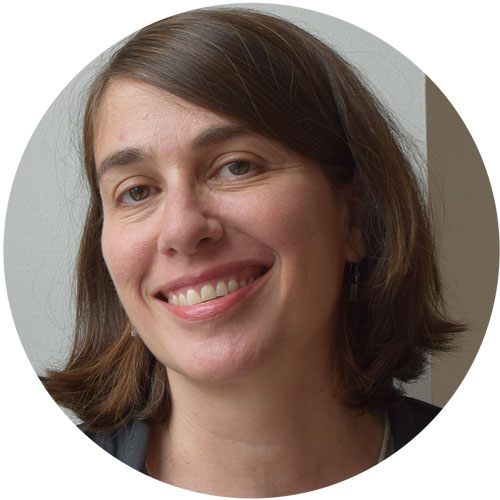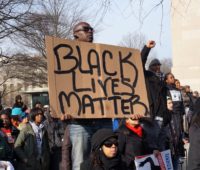Ho-fung Hung makes the case for the continued relevance of comparative-historical sociology to our “Interdisciplinarity Now” theme. In ways related Steinmetz’s earlier contribution to the series, Hung illustrates the multiple ways in which the combination of historical work with a macrosociological framework yields deep insights into long-term processes that generate inequality and the responses to it. He also argues that this long-term and large-scale perspective is critical in the formation of policies and the strategies of social movements that pursue progressive social change.













